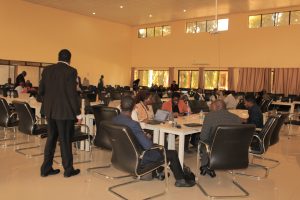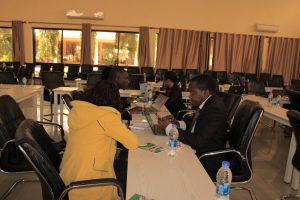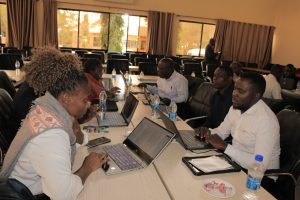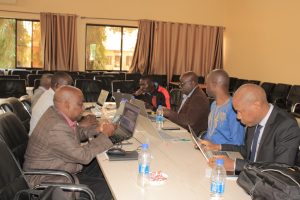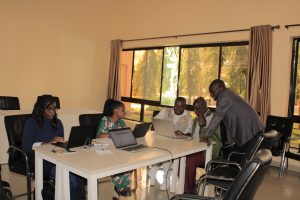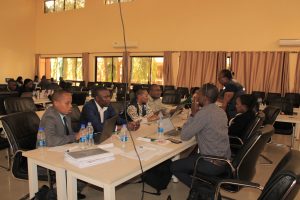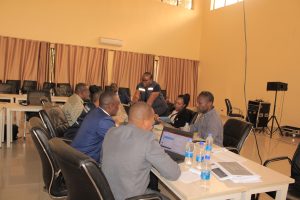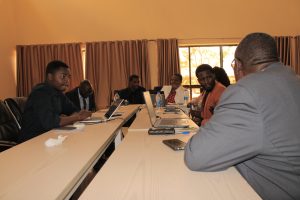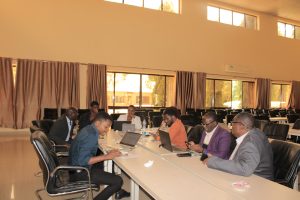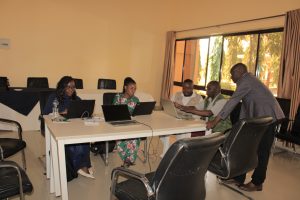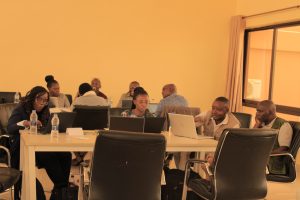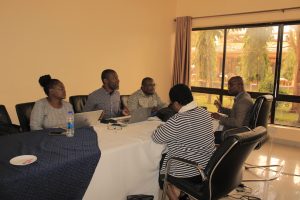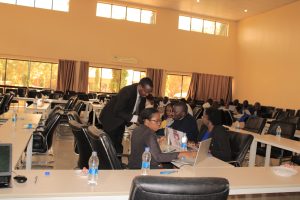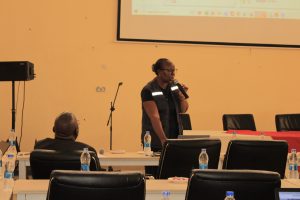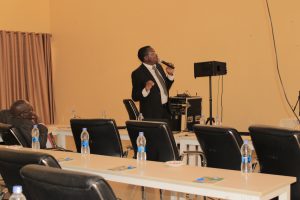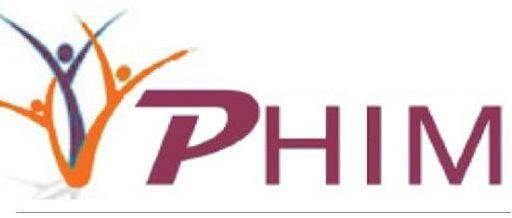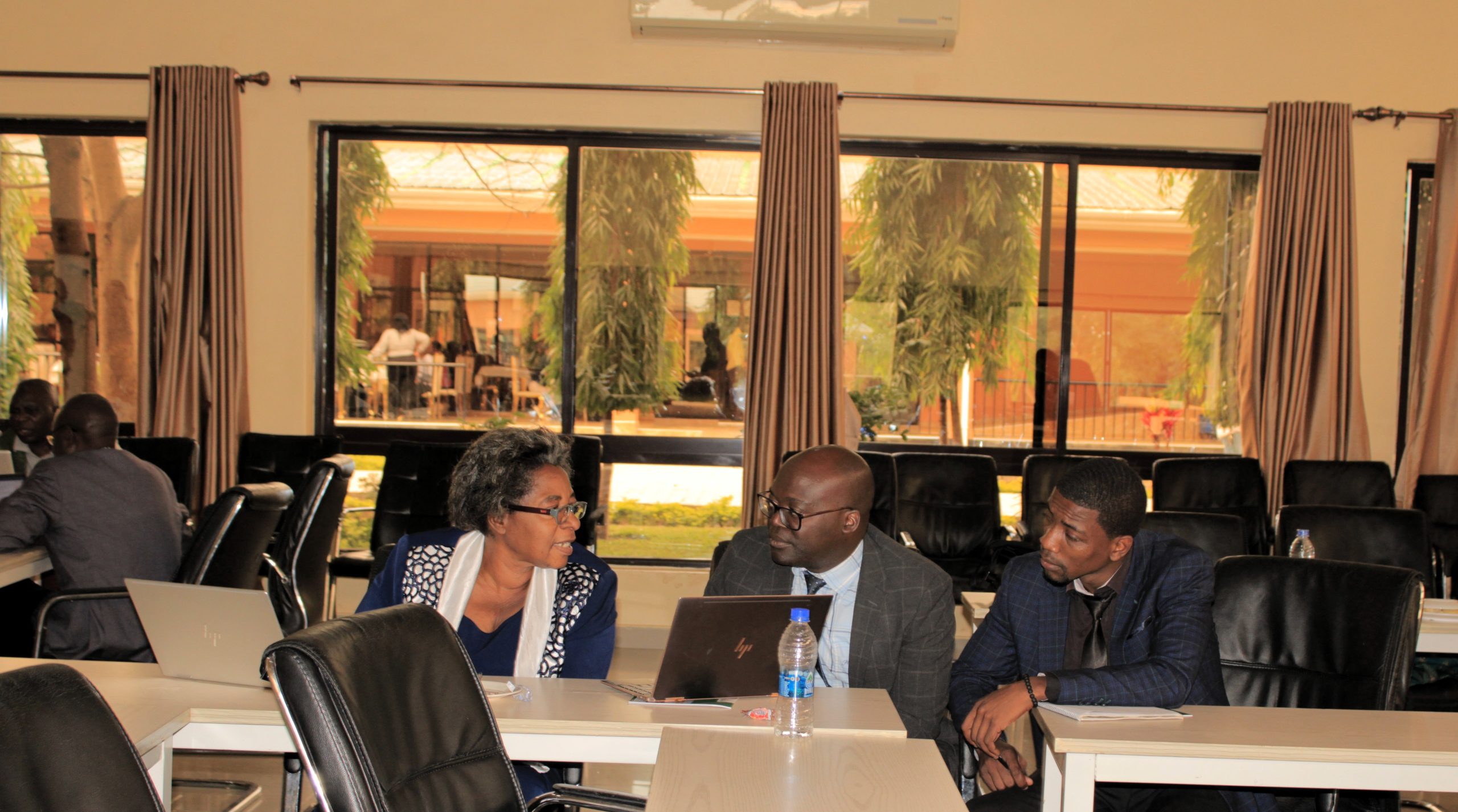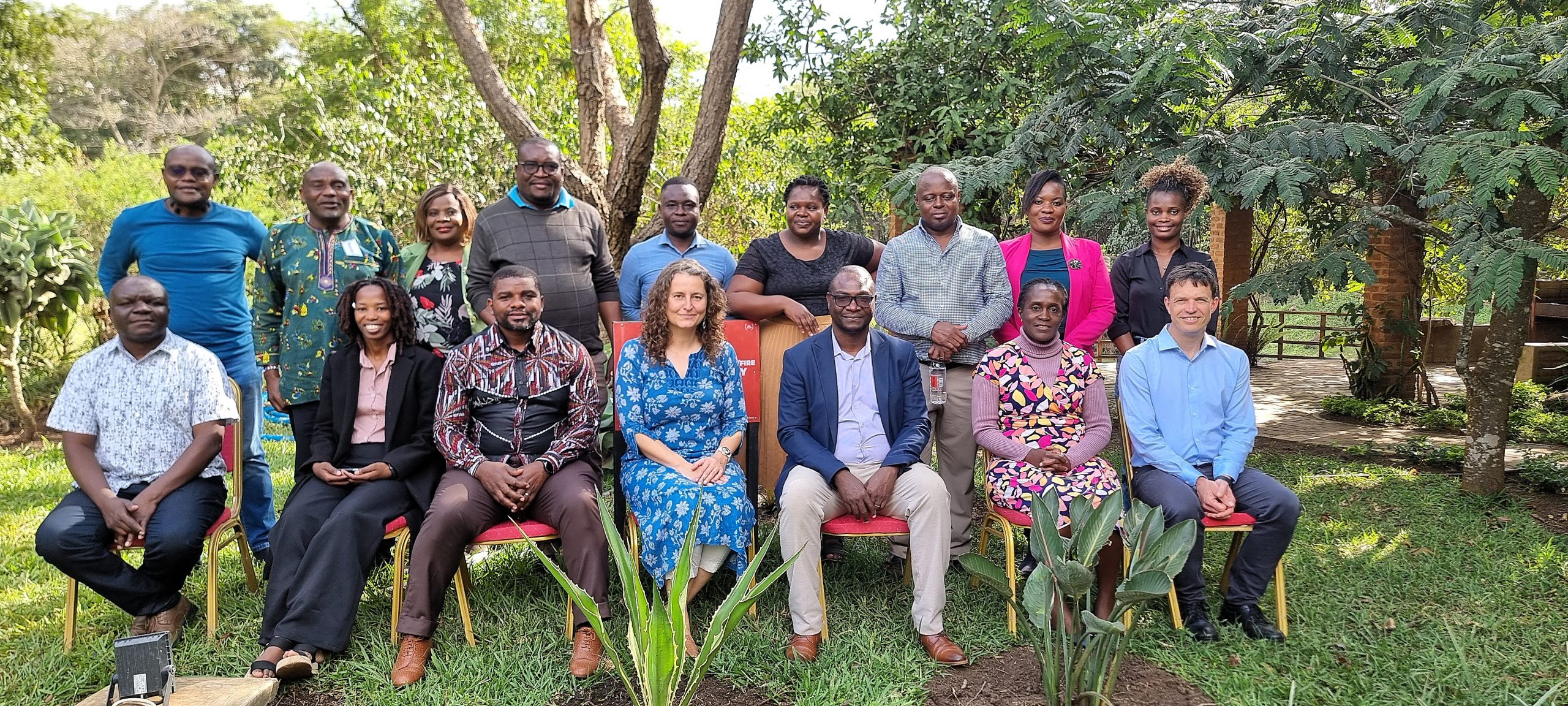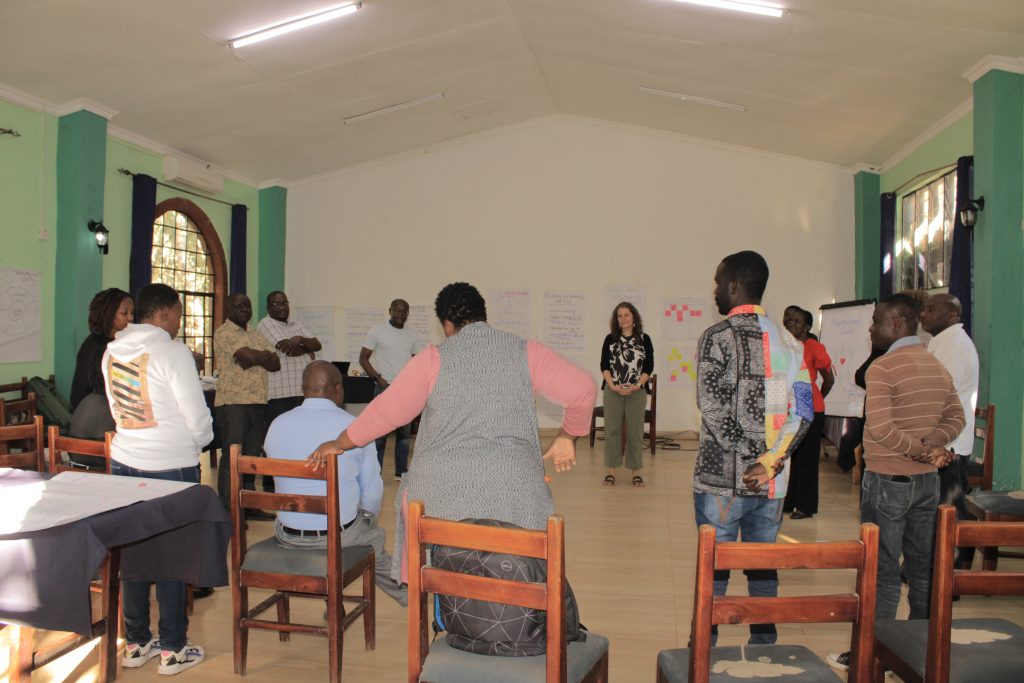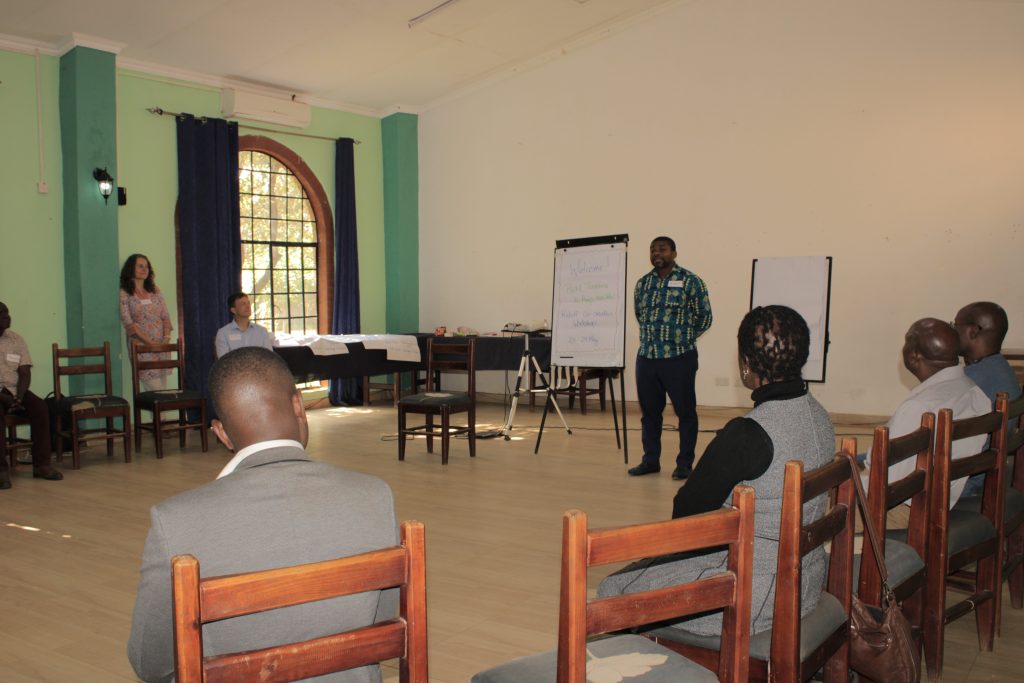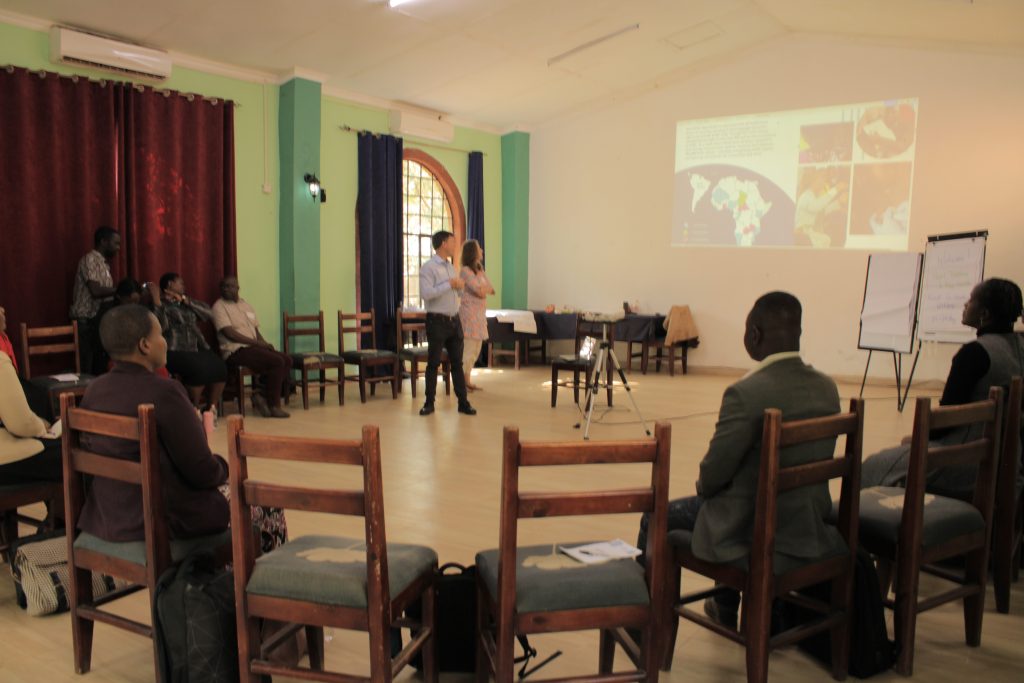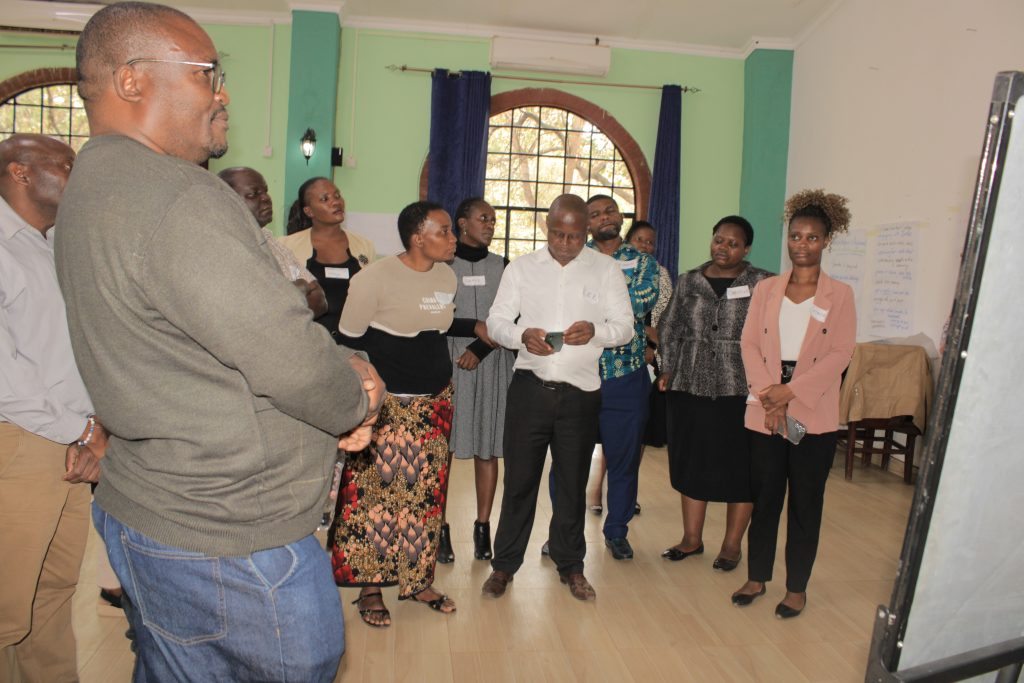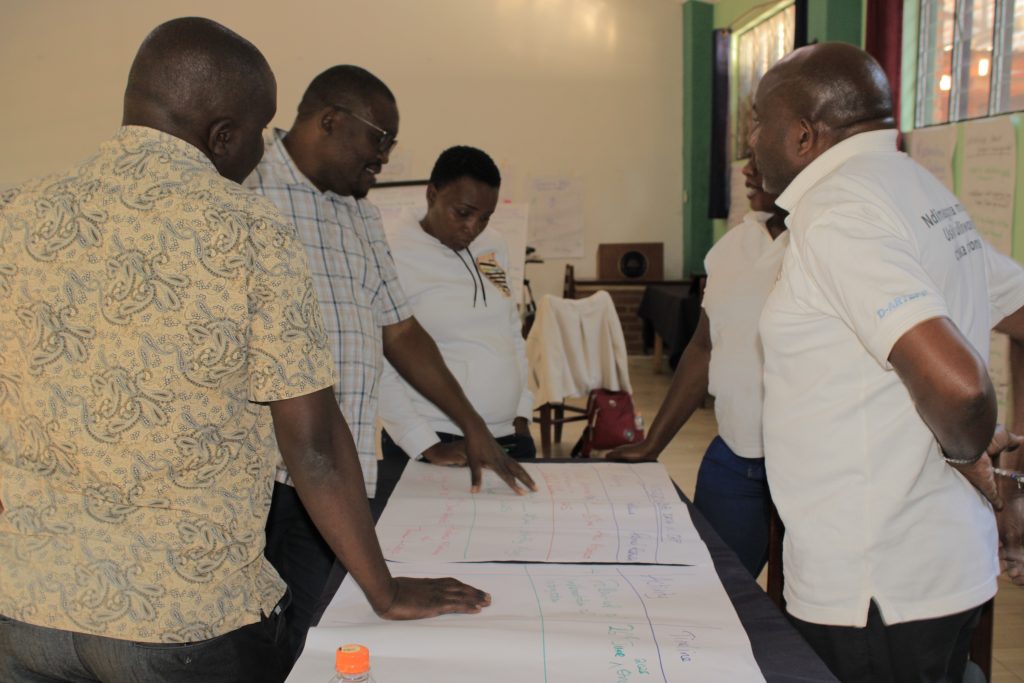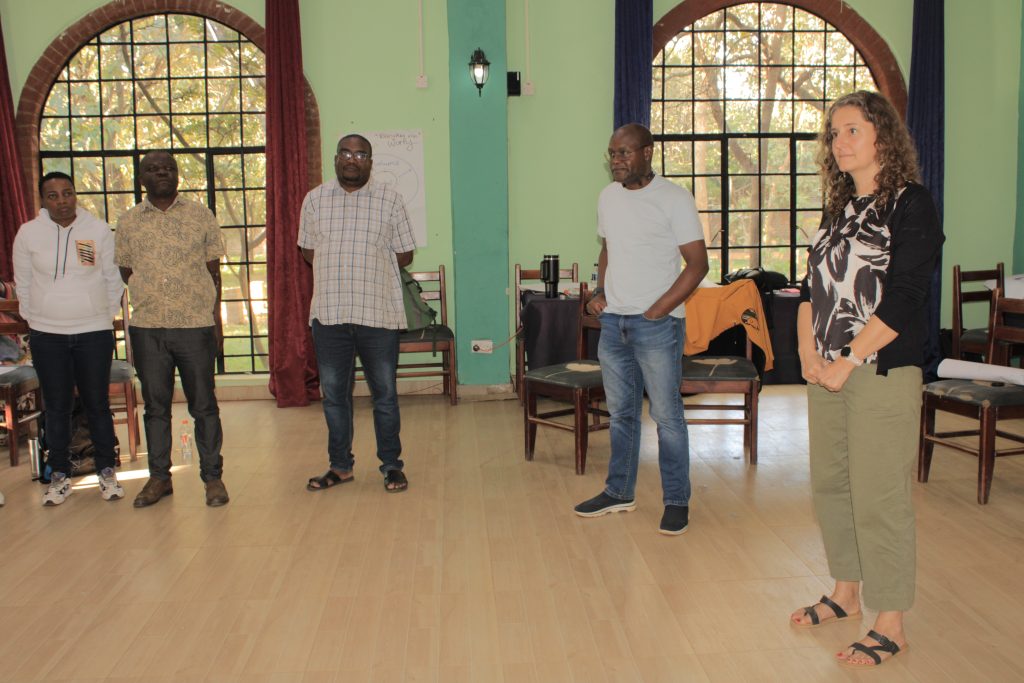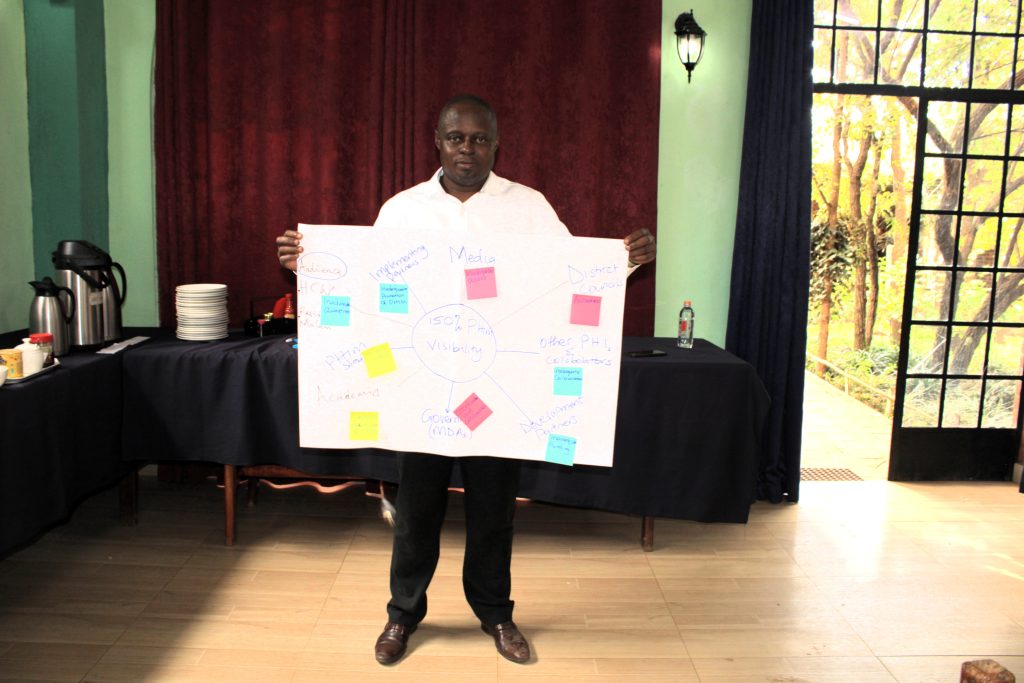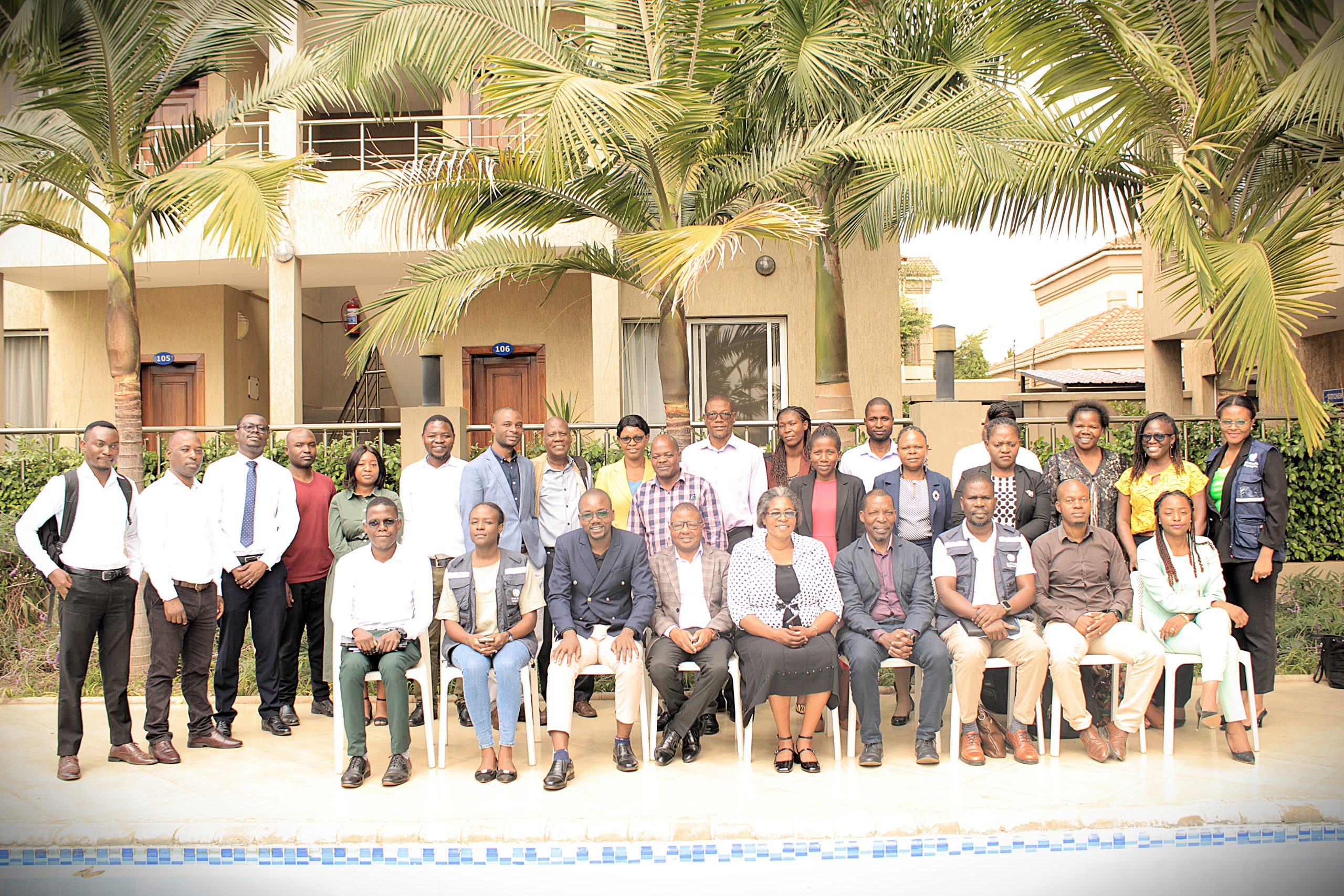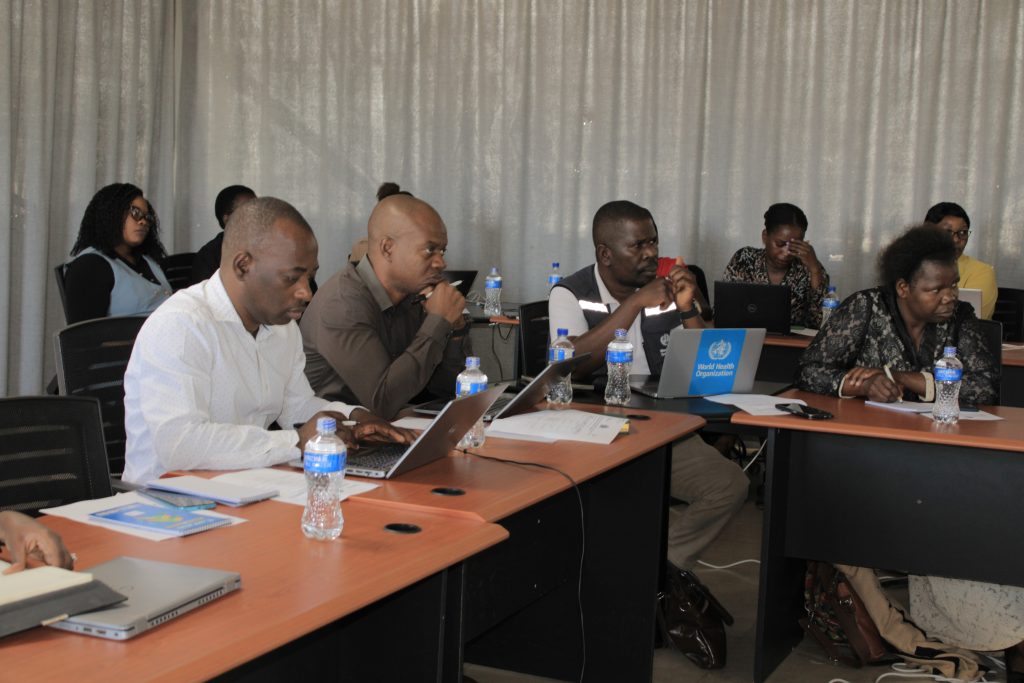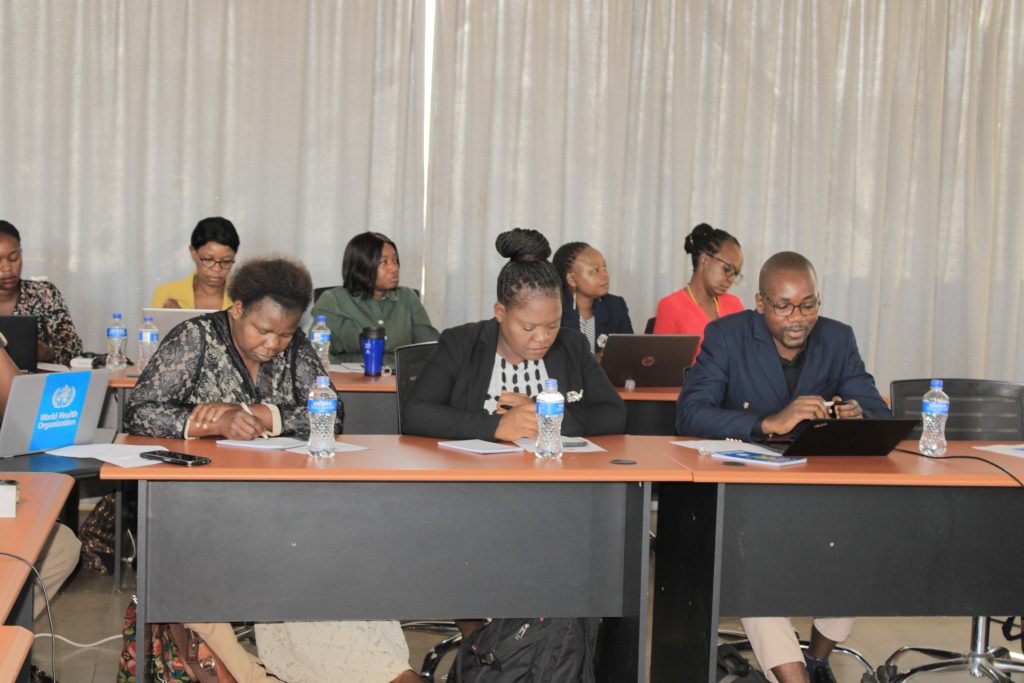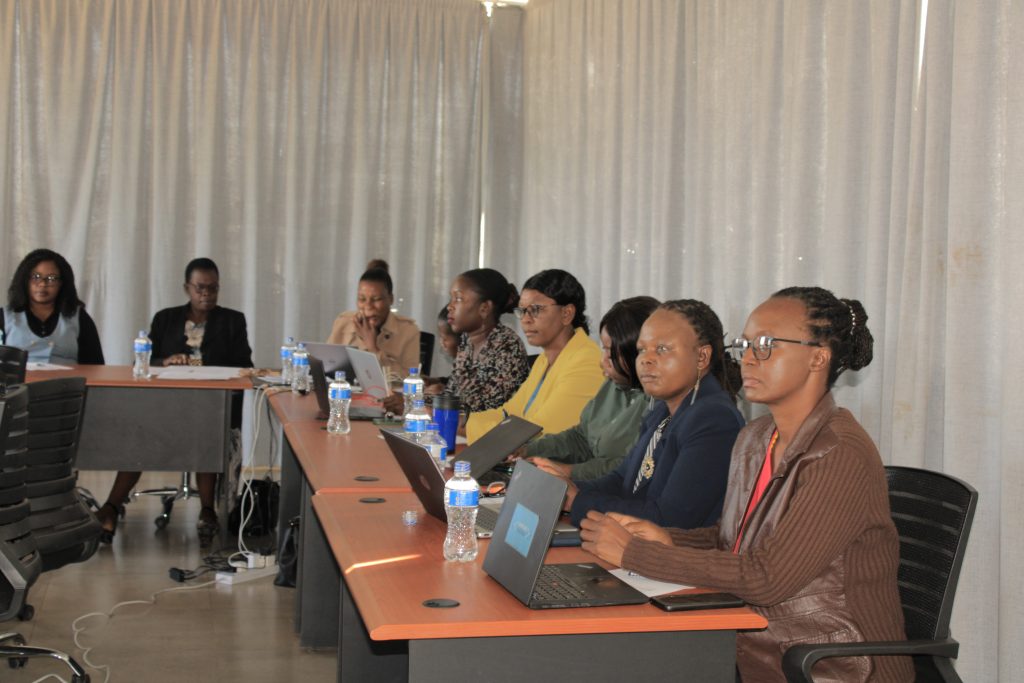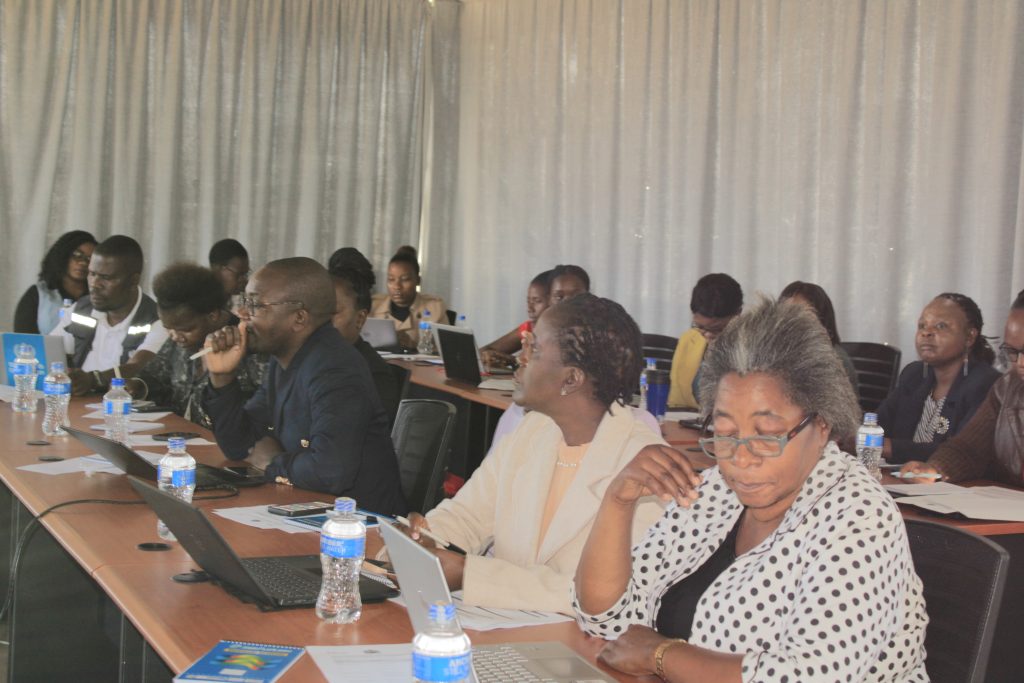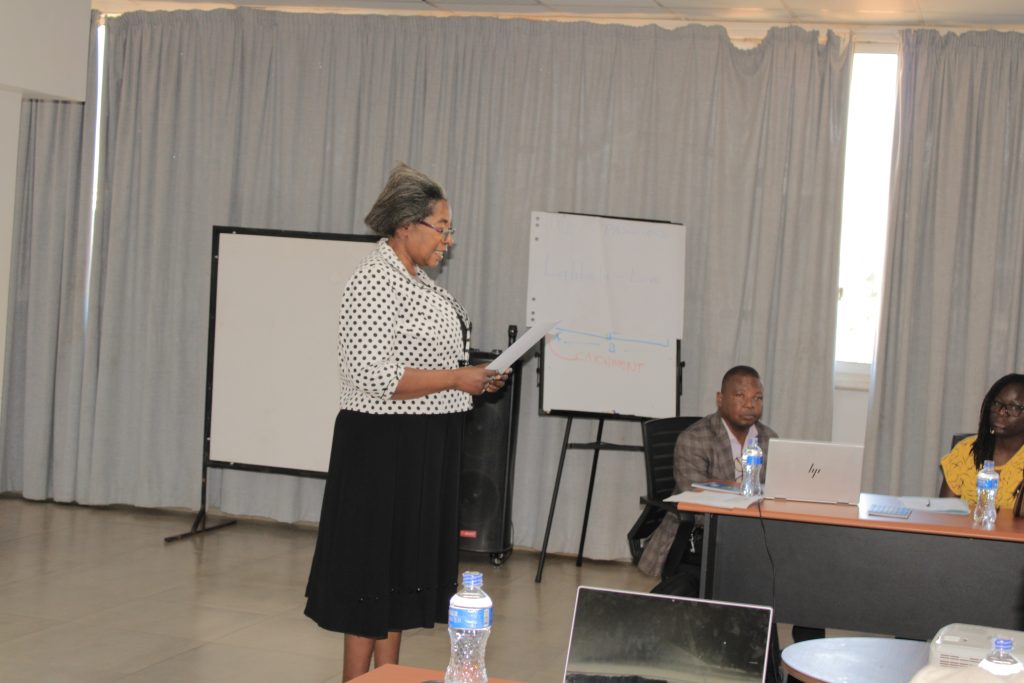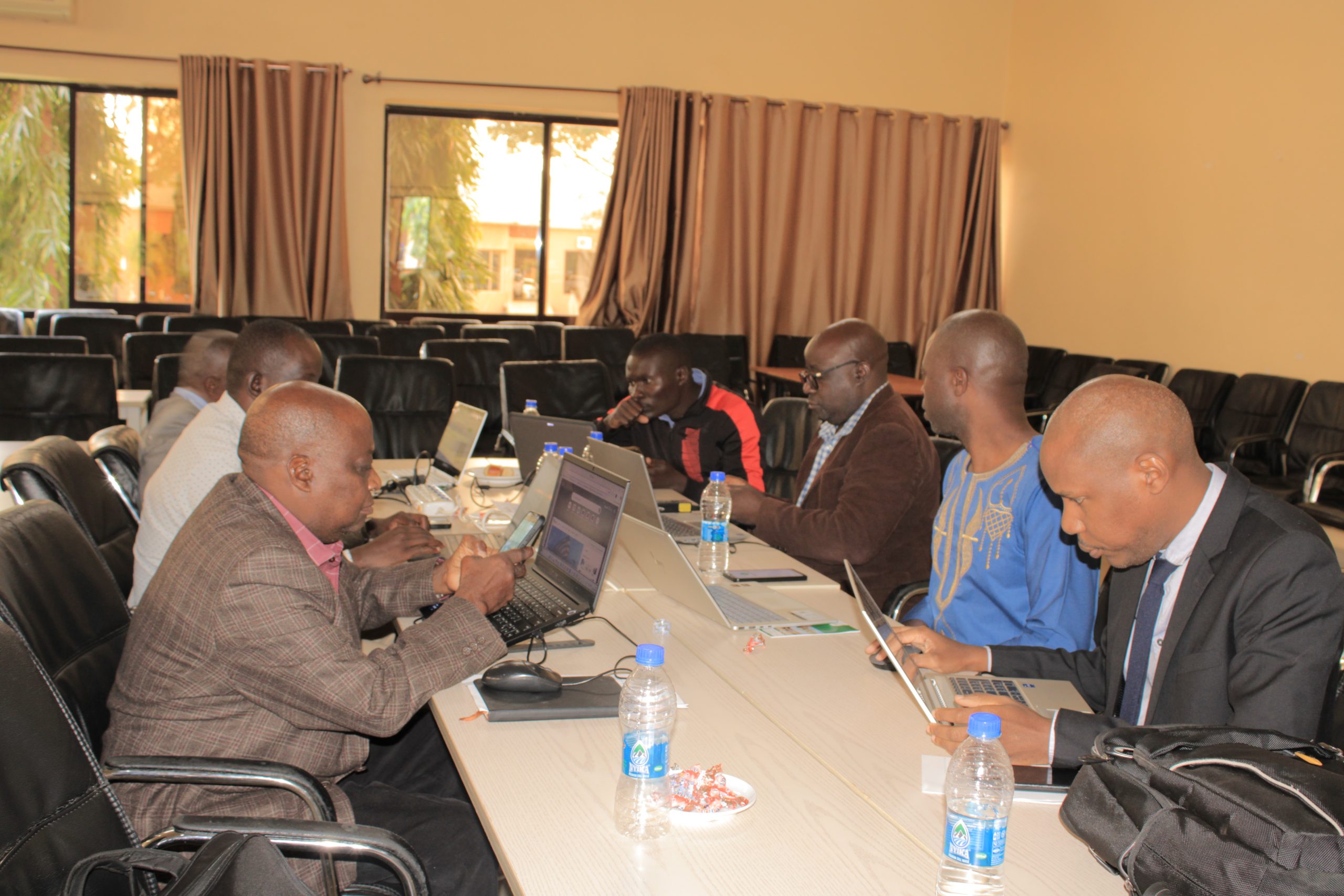
NAPHS 2025.
by
Moses Nyambalo Phiri in collaboration withGrace Choo and Settie Kanyanda.
On 26th May, a crucial workshop kicked off in Mponera, Dowa district, marking a significant step forward in Malawi’s health security. The Public Health Institute of Malawi (PHIM), with support from the World Bank and the Tackling Deadly Diseases in Africa Program (TDDAP), hosted a fundamental workshop focused on developing the nation’s National Action Plan for Health Security (NAPHS).
A Unified Approach to Public Health, The NAPHS is a strategic framework that ensures a unified and comprehensive approach to public health, directly aligning with the International Health Regulations (IHR 2005). This current workshop built upon insights gained from a Joint External Evaluation (JEE) conducted in December 2024, which assessed Malawi’s health security across 19 technical areas, including prevention, detection, response, and other hazard management. Dr. Wilfred Chalamira on behalf of the Director for PHIM welcomed the participants and emphasised the importance of the event as it will have overall impact of the nations health.
Multi-Sectoral Collaboration for “One Health”
A diverse group of representatives from key government ministries and departments participated in the four-day orientation. Officials from the Ministries of Justice, Agriculture, Natural Resources and Climate Change, Gender, Community Development and Social Welfare, Treasury, and the Malawi Police Service, among others, highlighted the essential multisectoral nature of health security. This wide-ranging engagement directly addresses the identified need to strengthen coordination structures across different sectors at national and sub-national levels to implement a “One Health” framework.
Deep Dive into Health Security
On the first day, participants were introduced to the NAPHS processes, tools, and overall context. Dr. Gertrude Chapotera from WHO provided an introduction to the NAPHS, while Dr. Herbert Bakiika from the Infectious Diseases Institute (IDI), Uganda, demonstrated the application of NAPHS development templates. The afternoon was dedicated to the critical task of selecting and identifying priority activities, informed by various assessment reports, including the JEE and COVID-19 reports.
The JEE from December 2024 praised Malawi’s strengths, such as the establishment of PHIM and the operationalization of Public Health Emergency Operations Centers (PHEOCs). Strong capacities in disease surveillance, laboratory services, and multi-sectoral collaboration were also noted. However, the JEE also pinpointed critical areas needing immediate attention, including strengthening legal and regulatory frameworks, ensuring sustainable financing, and expanding training and capacity-building. This workshop directly aimed to address the recommendation to develop a costed NAPHS to outline national IHR gaps and priorities and facilitate resource mobilization.
Addressing Climate Change and Prioritizing Actions
The second day saw participants continue to identify and prioritize activities based on comprehensive assessment reports. A significant session integrated Climate Change and Health into the National Action Plan for Health Security, led by Halcycon from Uganda. This integration acknowledges Malawi’s high vulnerability to climate threats, being ranked 5th on the Global Climate Risk Index (2021) and having faced numerous climate-related disasters in recent years. The majority of the day was spent in group work, prioritizing NAPHS activities by technical area, taking into account recommendations from the JEE. For instance, the need to develop and implement a national multi-sectoral strategic plan for Points of Entry (PoEs) was discussed, and efforts to fast-track the enactment of the Public Health Act were highlighted as crucial for strengthening legal instruments.
Synergies, Coordination, and Costing
The third day was primarily dedicated to extensive group work, where participants aligned priority actions to identify synergies, prevent duplication, and efficiently compile detailed NAPHS activities. This is especially relevant given the JEE’s findings on fragmented legal instruments for biosafety and biosecurity and the need for a consolidated inventory of high-consequence pathogens. Strengthening multi-sectoral coordination mechanisms was identified as a key priority to promote effective collaboration across different sectors, including developing and formalizing a One Health platform structure.
On the final day, participants compiled detailed cost assumptions per technical area for each detailed NAPHS activity. The workshop officially concluded with the submission of completed NAPHS templates to the NAPHS Secretariat. This directly addresses the urgent need for a costed NAPHS to facilitate resource mobilization and ensure various sectors mainstream and leverage their resources to address identified gaps. Looking ahead, strategic actions for “Legal Instruments” include engagement meetings with stakeholders and lobbying parliamentary committees for the enactment of the Public Health Act. Further plans include conducting Infection Prevention and Control (IPC), Vaccination & Risk Communication and Community Engagement (RCCE) trainings, extending training for early warning surveillance functions, and increasing national coverage for electronic laboratory information management systems (LIMS).
Efforts in Biosafety and Biosecurity will focus on consolidating the inventory of high-consequence pathogens and finalizing legal frameworks, ultimately aiming to strengthen the linkage between public health and security authorities for a rapid multisectoral response to suspected or confirmed biological, chemical, or radiological events.
